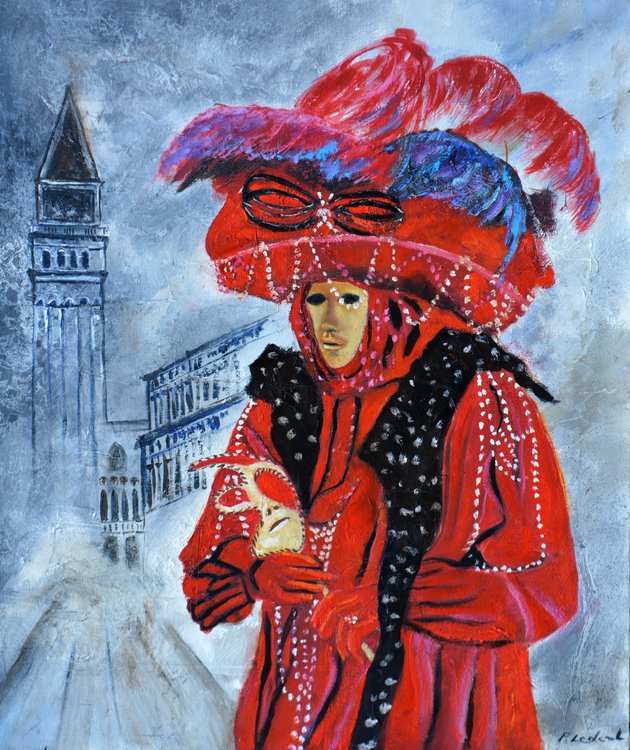Hypocrisy is the vice through which corruption becomes manifest. And Hannah Arendt, In her book On Revolution, writes about her reflection of the topic by looking into the Latin word persona, which in its original meaning signified the mask ancient actors used to wear in a play. And the mask had two functions: “it had to hide, or rather to replace, the actor’s own face and countenance, but in a way that would make it possible for the voice to sound through. At any rate, it was in this twofold understanding of a mask through which a voice sounds that the word persona became a metaphor and was carried from the language of the theatre into legal terminology.”
She continues by pointing out the word’s context in legal terminology by the following example:
“The distinction between a private individual in Rome and a Roman citizen was that the latter had a persona, a legal personality, as we would say; it was as though the law had affixed to him the part he was expected to play on the public scene, with the provision, however, that his own voice would be able to sound through. The point was that ‘it is not the natural Ego which enters a court of law. It is a right-and-duty-bearing person, created by the law, which appears before the law.” Without his persona, there would be an individual without rights and duties, perhaps a ‘natural man’ that is, a human being or llama in the original meaning of the word, indicating someone outside the range of the law and the body politic of the citizens, as for instance a slave but certainly a politically irrelevant being.”
She links her thinking with the French Revolution by stating that the French Revolution unmasked the intrigues of the Court and proceeded to tear off the mask of its own children, it aimed, of course, at the mask of hypocrisy. Persona meant metaphorically the ‘person’, which the law of the land can affix to individuals as well as to groups and corporations. The unmasking of the ‘person’, the deprivation of legal personality, would leave behind the ‘natural’ human being, while unmasking the hypocrite would leave nothing behind the mask, because the hypocrite is the actor himself in so far as he wears no mask. He pretends to be the assumed role, and when he enters the game of society it is without any play-acting whatsoever. In other words, what made the hypocrite so odious was that he claimed not only sincerity but naturalness, and what made him so dangerous outside the social realm whose corruption he represented and, as it were, enacted, was that he instinctively could help himself to every ‘mask’ in the political theatre, that he could assume every role among its characters of the drama, but that he would not use thin mask, as the rules of the political game demand, as a sounding board for the truth but, on the contrary, as a contraption for deception.

This must be why politicians leave me feeling bewildered, when they make statements with great sincerity that are so obviously inaccurate. They truly believe the acting role they’ve assumed.
LikeLiked by 1 person
Yes! That sounds like every politician. However, it is also true that politics can never be extinguished from our daily lives no matter how much a person may hate politics.
LikeLiked by 2 people
I agree. We can live with it, and we can’t live without it.
LikeLiked by 2 people
Tippy, a cop once told me the mark of a successful con artist is he or she believes their own scam.
LikeLiked by 2 people
Makes sense. They must have to develop a fantasy mindset, to sound sincere. I think that may also make it easy to scam a con artist, as I’ve seen that happen a few times in my life.
LikeLiked by 2 people
I think any society that wishes to preserve an inequitable distribution of power and resources is going to have filthy politics. Not that politics is ever perfectly noble, but if you are going to have a system in which a few have most of the resources and the rest make due with a minor share, then you need politicians willing to cheat, steal, and lie. That is, people who can convince other people that they are better off being ruled than being self-ruling.
LikeLiked by 1 person
I think you just summed up Machiavellianism in a few sentences 🙂 Even though I have not read any works of Machiavelli, I believe that he would whole-heartedly agree!
LikeLiked by 1 person